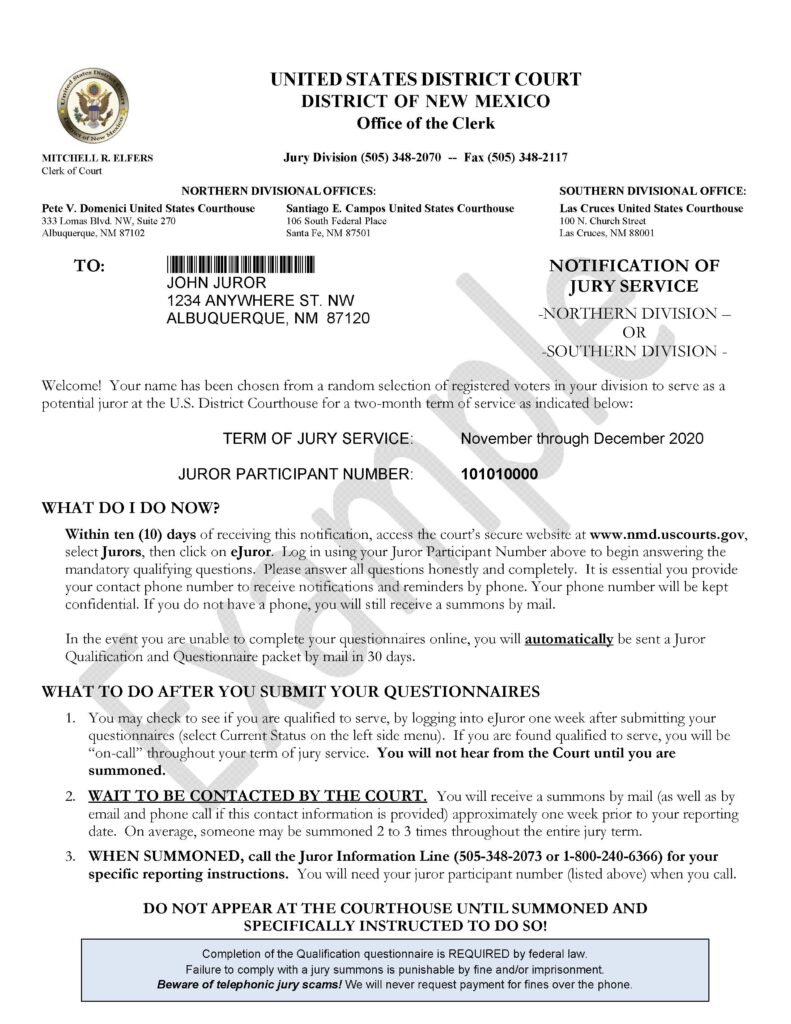Receiving official correspondence from the legal system can be a daunting experience. When that correspondence originates from the United States District Court, it signifies a matter of significant legal importance. Understanding the nature and implications of these communications is crucial for navigating the legal process effectively. This article will delve into the meaning behind “letter from United States District Court” and “mail from US District Court,” outlining their significance and guiding you on how to respond appropriately.
This article will explore the different types of correspondence you might receive from the U.S. District Court, explain the potential legal implications, and emphasize the importance of prompt attention to these matters.
U.S. District Court Correspondence
The United States District Courts are the trial courts of the federal court system. They handle a wide range of civil and criminal cases involving federal law or disputes between citizens of different states. When you receive correspondence from the U.S. District Court, it indicates that your name is involved in a legal proceeding within their jurisdiction.
These communications can originate from various parties within the court system, including judges, clerks, attorneys, or even other litigants. The content of the correspondence will vary depending on the specific case and stage of proceedings.
Letter From United States District Court
A letter from United States District Court typically conveys formal information or instructions related to a legal matter. It might be sent by the Clerk of the U.S. District Court, notifying you about a scheduled hearing, outlining deadlines for filing documents, or providing updates on the progress of your case.
These letters often carry official seals and signatures to ensure authenticity. It’s crucial to treat these communications with utmost seriousness, as they may contain legally binding information that could impact your rights and obligations.
Examples of Letter From United States District Court Content
- Summons: A formal document notifying you that you are being sued in federal court.
- Complaint: The initial legal document filed by the plaintiff outlining their claims against the defendant.
- Order: A directive issued by a judge, outlining specific actions to be taken by parties involved in the case.
Mail From US District Court
Mail from US District Court encompasses a broader range of communications, including letters, official forms, and court documents. It can serve various purposes, such as providing updates on your case, requesting information, or scheduling hearings.
Similar to letters from United States District Court, all mail from US District Court should be treated with the utmost seriousness and promptly reviewed for any important instructions or deadlines.
Examples of Mail From US District Court Content
- Case files: Documents related to your specific case, including pleadings, motions, and exhibits.
- Jury summons: A notice requiring you to serve as a juror in a federal trial.
- Notices of appeal: Formal documents indicating that a party intends to appeal a court decision.
Legal Matters
Receiving correspondence from the U.S. District Court signifies involvement in legal matters that require careful attention and understanding. It’s essential to recognize that these communications are not mere formalities; they have legal weight and can significantly impact your rights and obligations.
Seeking Legal Counsel
If you receive mail from US District Court or a letter from United States District Court, it is highly recommended to consult with an attorney experienced in federal court proceedings. They can provide guidance on understanding the content of the communication, outlining your legal options, and representing your interests effectively within the court system.
Importance of Prompt Attention
Timely response to U.S. District Court correspondence is crucial for several reasons. Failing to respond promptly can result in missed deadlines, unfavorable rulings, or even default judgments against you.
Consequences of Ignoring Correspondence
- Missed Deadlines: Court-ordered deadlines are strictly enforced. Failure to meet them can lead to sanctions, including dismissal of your case or adverse rulings against you.
- Default Judgments: If you fail to respond to a lawsuit within the specified timeframe, the court may enter a default judgment against you, awarding the plaintiff everything they requested in their complaint.
- Damage to Your Case: Ignoring court communications can create a perception that you are not taking your legal obligations seriously, potentially harming your case’s outcome.
Conclusion
Receiving correspondence from the U.S. District Court is a serious matter that demands prompt attention and careful consideration. Understanding the different types of communication, their potential implications, and the importance of seeking legal counsel can help you navigate this complex process effectively. Remember, timely response and informed action are essential for protecting your rights and achieving a favorable outcome in any legal proceeding.



